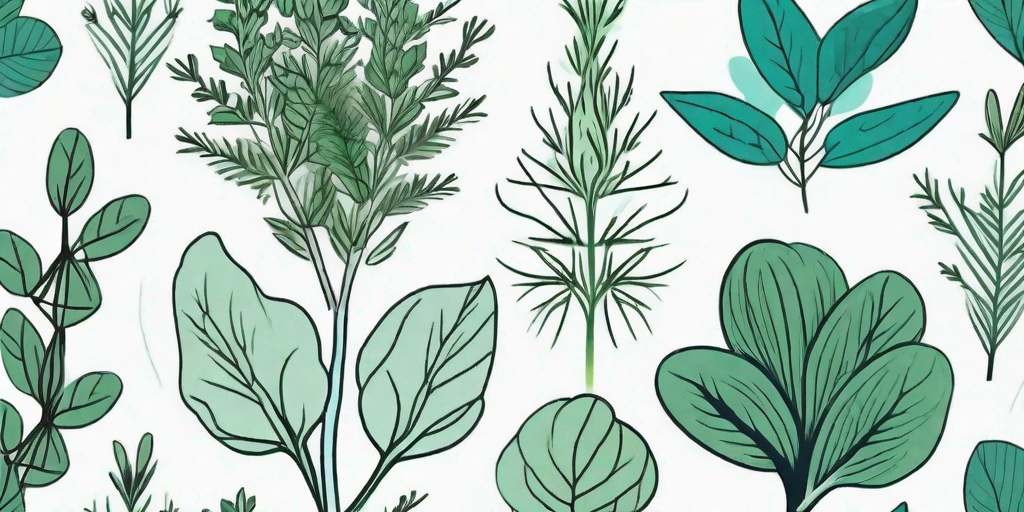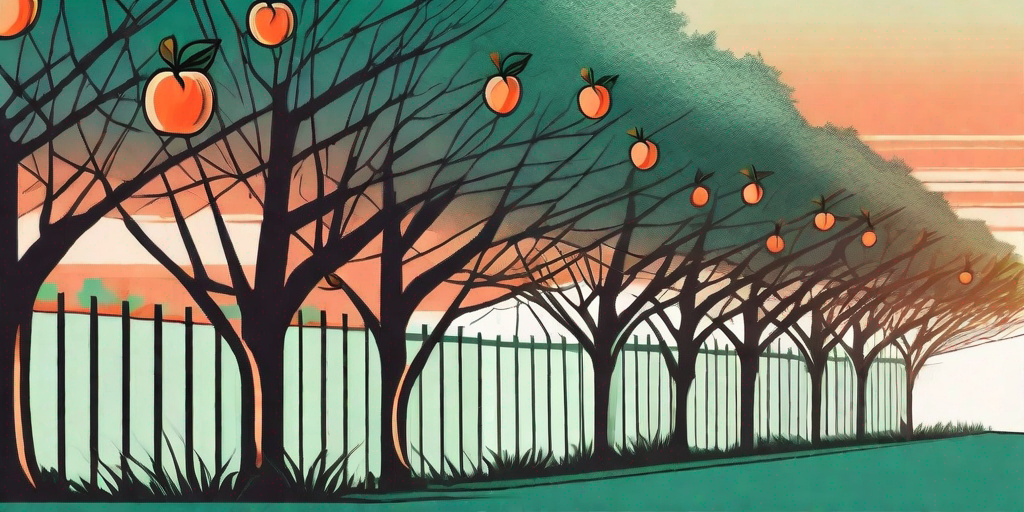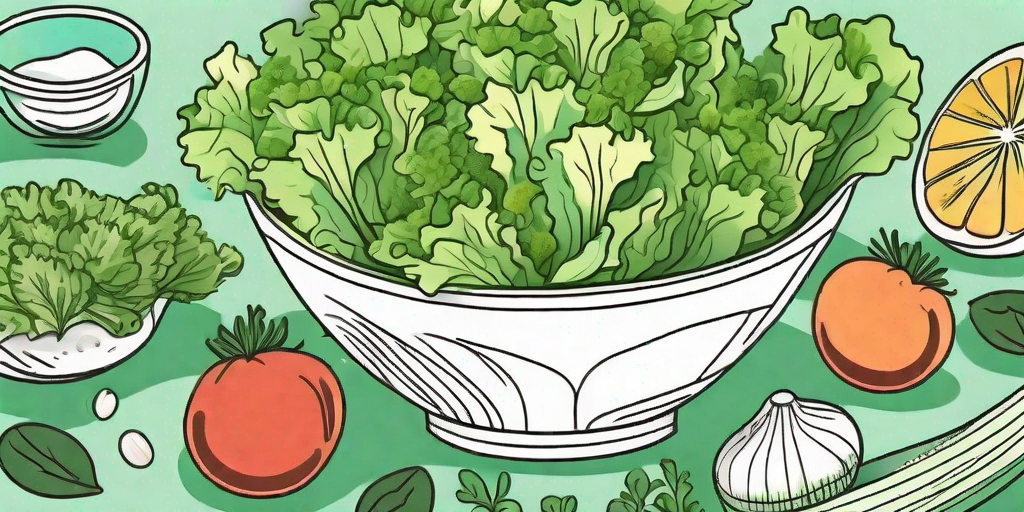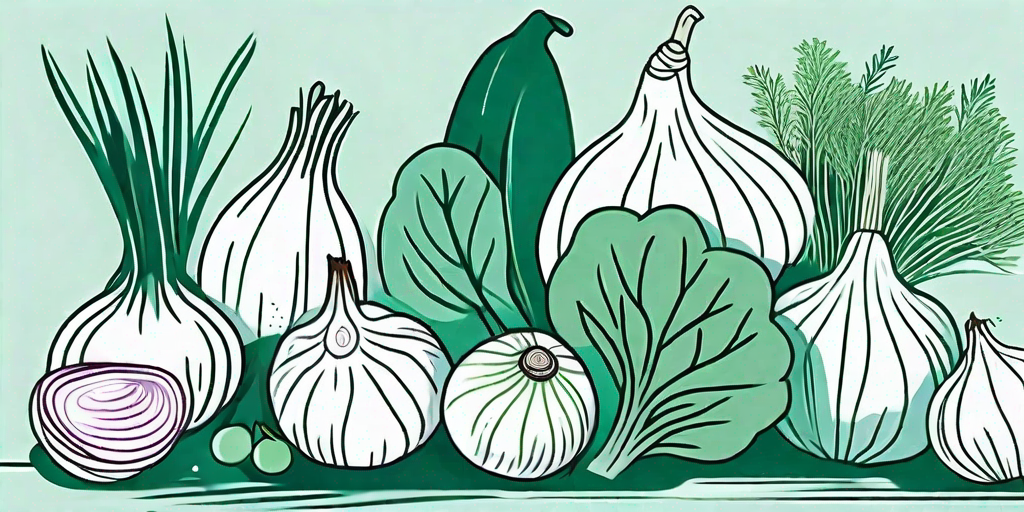
When it comes to gardening, there's a lot more to it than just sticking a seed in the ground and hoping for the best. Oh no, my dear reader, gardening is an art, a science, and a little bit of magic all rolled into one. And one of the most magical aspects of gardening is the concept of companion planting. This is the idea that certain plants, when grown together, can help each other thrive. It's like a botanical buddy system. And when it comes to companion planting, herbs are the social butterflies of the garden world. So, let's dive into the world of herb harmony and discover the secret to successful companion planting.
The Basics of Companion Planting
Before we start pairing off our parsley and basil, let's take a moment to understand what companion planting is all about. In the simplest terms, companion planting is about creating plant partnerships that benefit one or both plants. This could be through pest control, nutrient uptake, or providing physical support. It's like a good marriage, but with less arguing about who left the cap off the toothpaste.
Companion planting has been practiced for centuries, with indigenous cultures around the world recognizing the benefits of certain plant combinations. Modern science has backed up many of these traditional practices, proving that some plants really do make better neighbors than others.
Why Herbs Make Great Companions
Herbs are the life of the garden party. Not only do they add flavor to our meals, but they also have a range of properties that make them excellent companion plants. Many herbs have strong scents that can deter pests, while others attract beneficial insects. Some even improve the flavor of nearby plants. It's like having a friend who always brings the best snacks to the party.
Plus, herbs are generally easy to grow, making them a great choice for beginner gardeners. So, whether you're a seasoned green thumb or just starting out, incorporating herbs into your garden can bring a whole host of benefits.
Creating Your Herb Harmony
Now that we've covered the why, let's move onto the how. Creating your herb harmony involves a bit of planning, a dash of experimentation, and a whole lot of fun. So, roll up your sleeves, grab your gardening gloves, and let's get planting.
First things first, you need to decide which herbs you want to grow. This will depend on your culinary preferences, your climate, and the space you have available. Once you've chosen your herbs, it's time to start thinking about their companions.
Perfect Pairings
Some herbs are like that friend who gets along with everyone. They're easy-going, adaptable, and make everyone around them better. These include herbs like basil, parsley, and dill. Other herbs, like rosemary and sage, are a bit more particular about their company. But don't worry, even the pickiest of plants can find their perfect partner with a bit of careful planning.
Here are a few classic herb pairings to get you started:
- Basil and tomatoes: Basil helps to repel pests that love to munch on your tomatoes, and some gardeners swear it even improves the flavor of the tomatoes.
- Rosemary and beans: Rosemary can help to deter bean beetles, keeping your legumes safe and sound.
- Dill and cabbage: Dill attracts beneficial insects that prey on pests that love to feast on cabbage.
Common Mistakes to Avoid
While companion planting can bring many benefits, it's not a foolproof system. There are a few common mistakes that can turn your herb harmony into a botanical battle.
One of the biggest mistakes is overcrowding your plants. While herbs are generally sociable, they still need their space. Overcrowding can lead to competition for resources and increase the risk of disease. So, make sure each plant has enough room to grow and thrive.
Another common mistake is not considering the needs of each plant. While some plants may make good companions, they may have different watering or sunlight needs. Make sure to consider these factors when planning your garden to ensure all your plants are happy and healthy.
FAQs
Can I plant herbs in pots?
Absolutely! In fact, growing herbs in pots can make it easier to control their growing conditions and can be a great option for those with limited space.
Do all herbs make good companion plants?
While many herbs make excellent companion plants, not all are suited to this role. Some herbs, like mint, can be invasive and may take over your garden if not carefully managed.
Can I use companion planting to deter pests?
Yes, many herbs can help to deter pests. For example, basil can help to repel mosquitoes and tomato hornworms, while rosemary can deter bean beetles.
Conclusion
Companion planting is a wonderful way to make the most of your garden space and create a thriving, healthy garden. By understanding the basics of companion planting and the unique properties of different herbs, you can create your own herb harmony and enjoy the many benefits this practice brings. So why not give it a try? Your garden (and your taste buds) will thank you.











